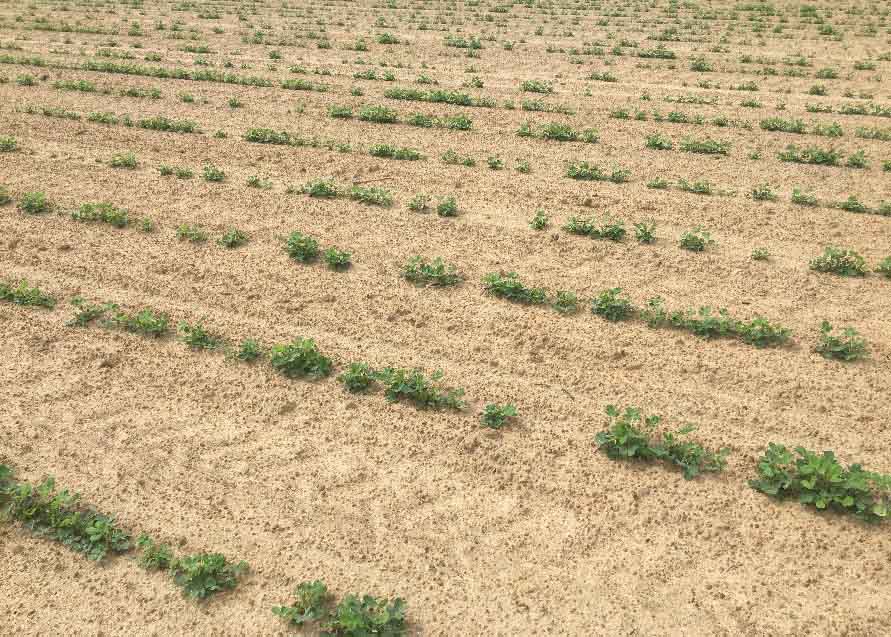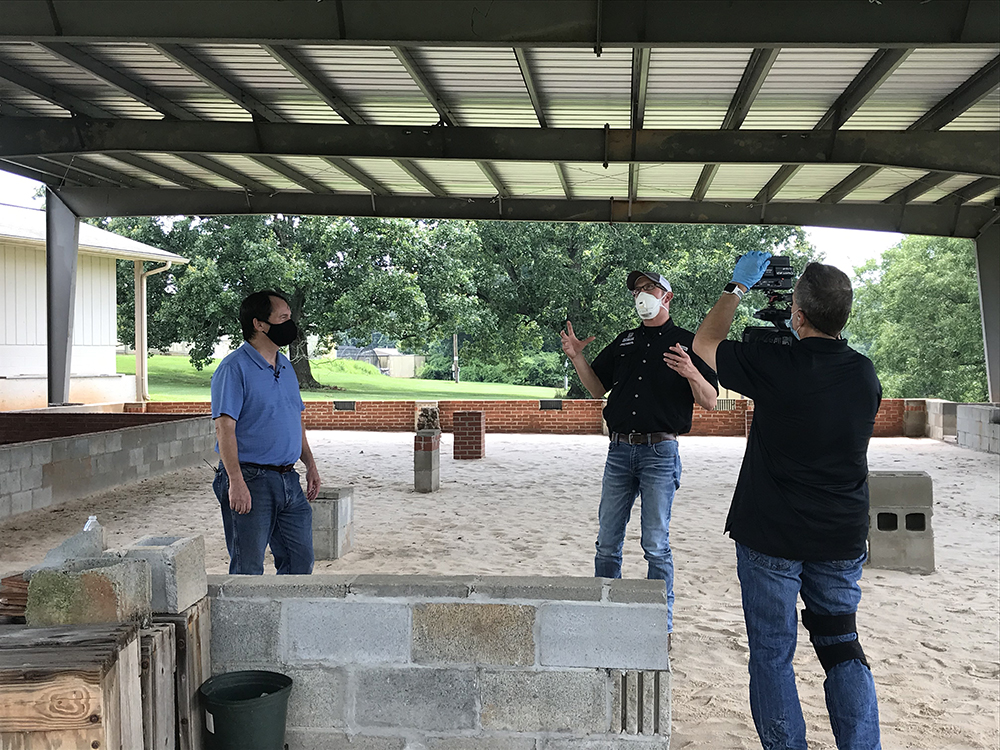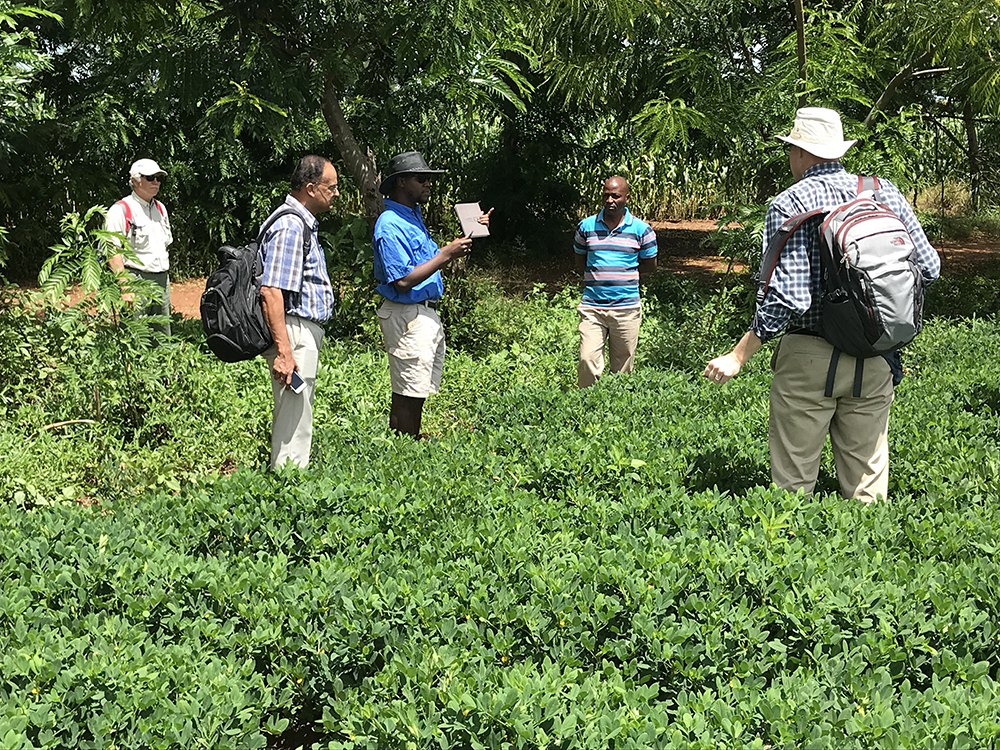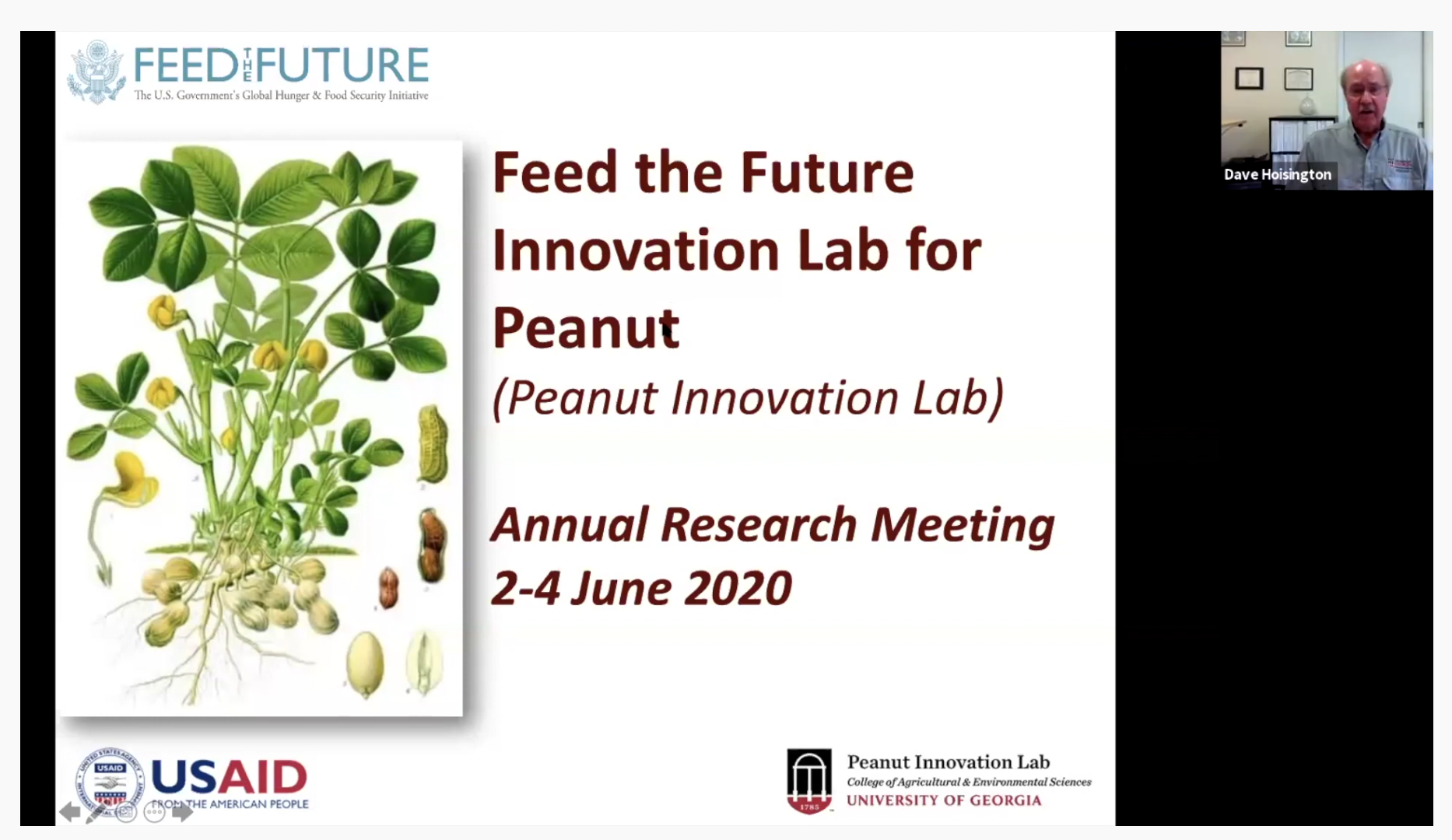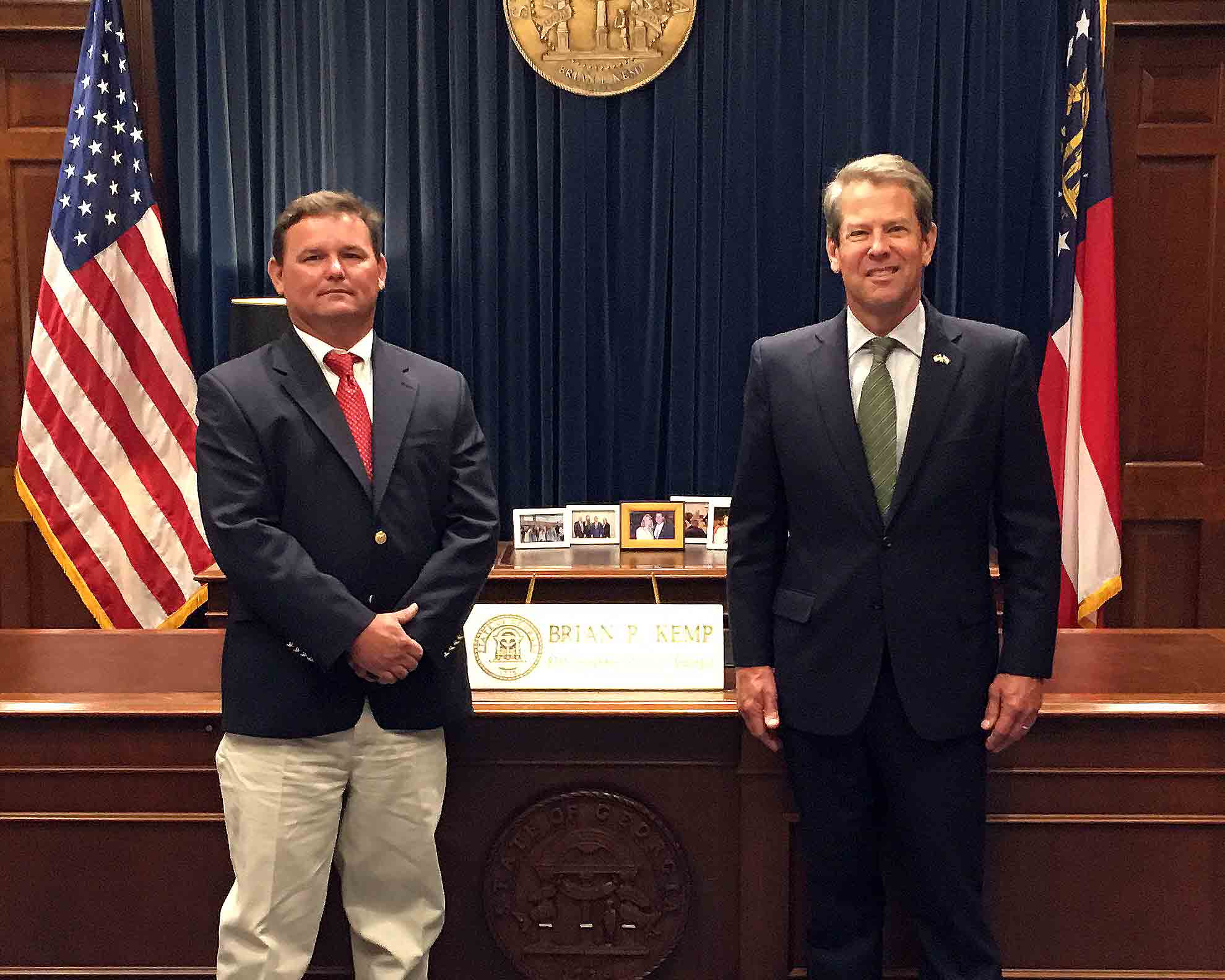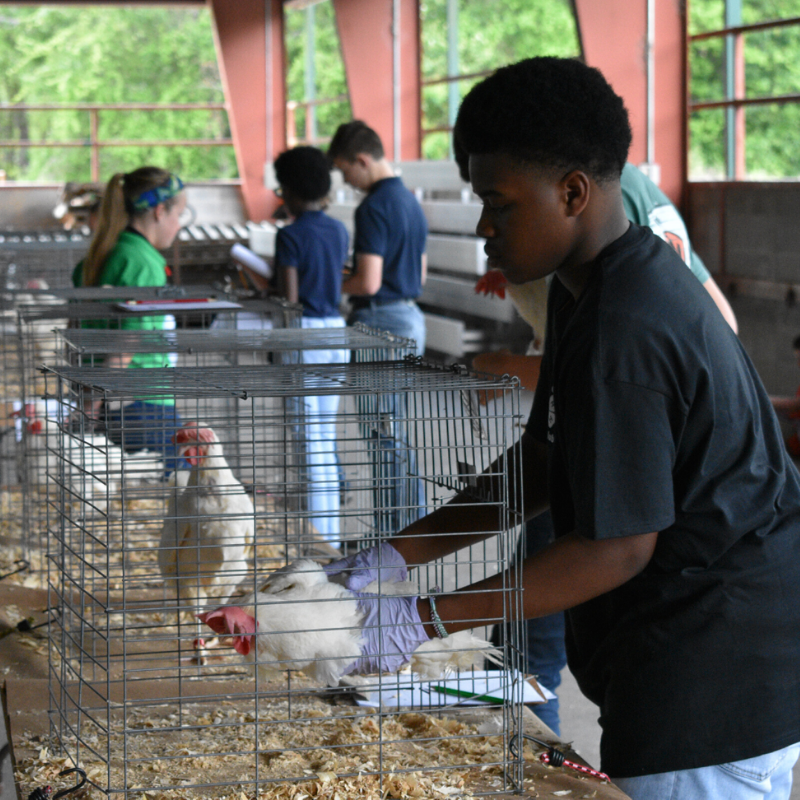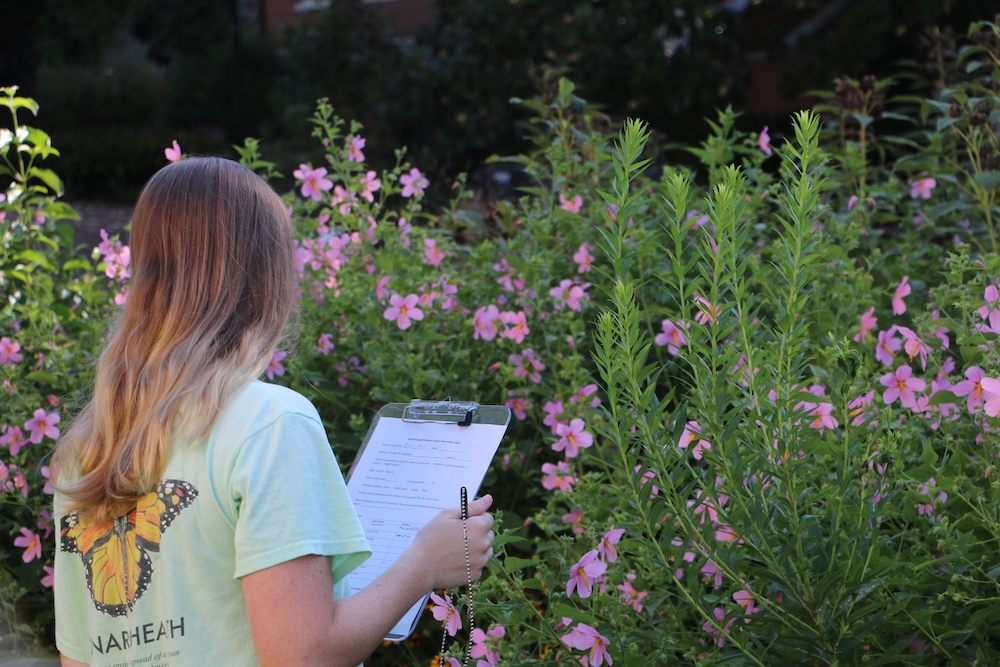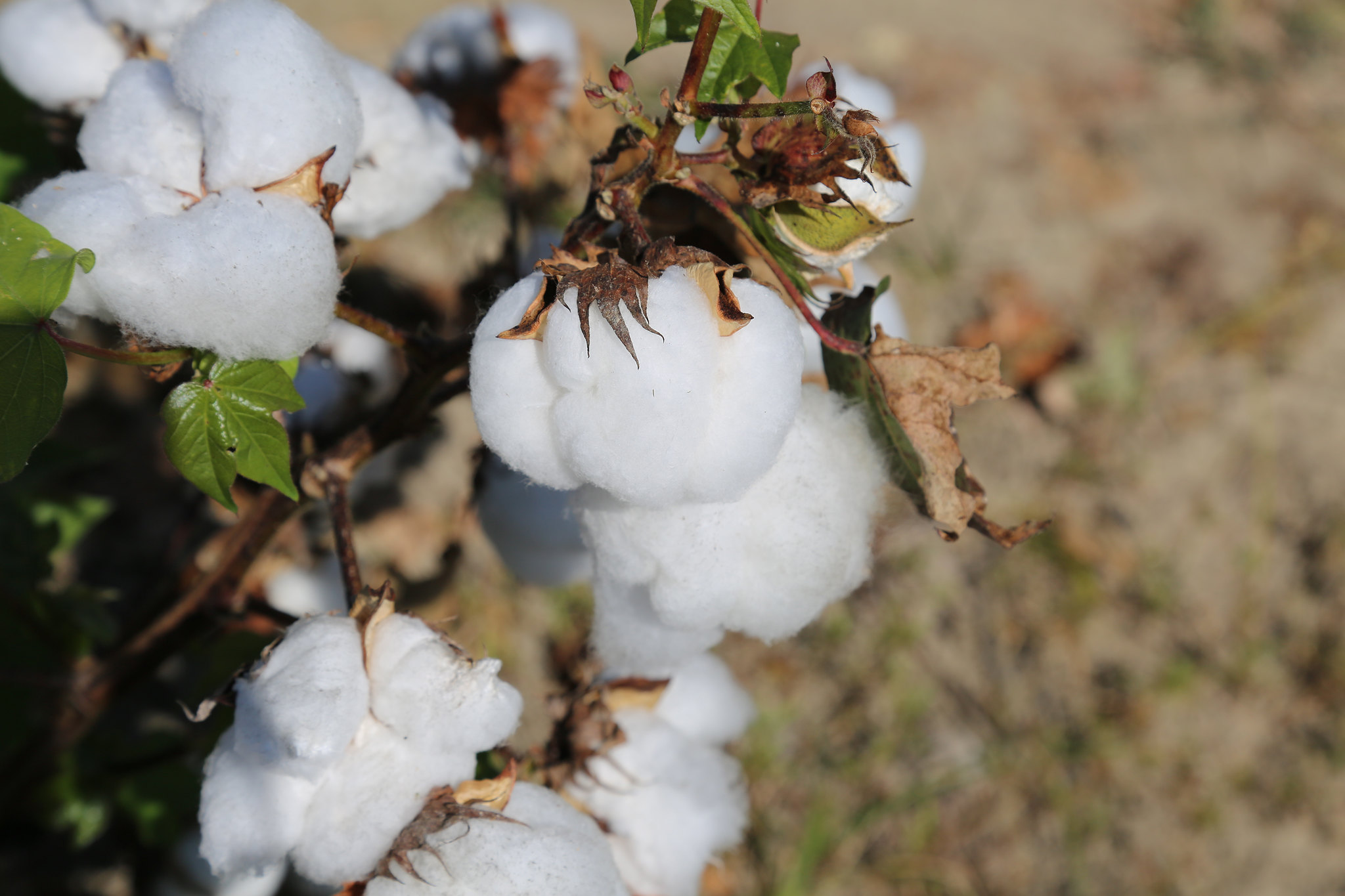 CAES News
CAES News
Uncertain Market
Since the first diagnosis of COVID-19, the spread of the pandemic worldwide has negatively affected global economic growth. According to the latest release by the Organization for Economic Cooperation and Development, global economic growth will decline by 6% to 7.6% in 2020, depending on whether there is a second wave of infections.

